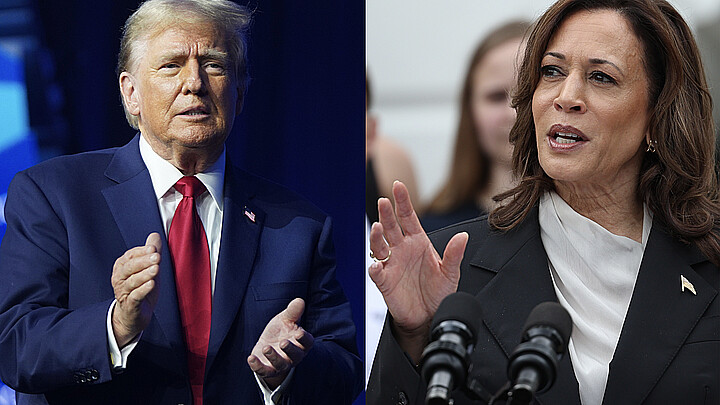Politics
Arizona congressman leads charge to make some Trump tax cuts permanent
Congressman David Schweikert, R-Ariz, introduced the Permanent Extension of Rate Cuts and Extension of National Tax Simplification Act.
June 24, 2022 4:11pm
Updated: June 26, 2022 12:45pm
Congressman David Schweikert, R-Ariz, introduced the Permanent Extension of Rate Cuts and Extension of National Tax Simplification Act. The PERCENTS Act would simplify taxable income brackets, using the 2017 Tax Cuts and Jobs Act legislation as a model. Based on the Trump administration's tax code, the legislation is supported by numerous Ways and Means Committee Republicans.
Cosponsors include Reps. Tom Rice (SC-07), Jackie Walorski (IN-02), Brad Wenstrup (OH-02), Drew Ferguson (GA-03), David Kustoff (TN-08), Carol Miller (WV-03), Kevin Hern (OK-01), Adrian Smith (NE-03), Darin LaHood (IL-18), Jason Smith (MO-08), Greg Murphy (NC-03), and Jodey Arrington (TX-19).
"By making these key temporary tax cuts permanent, these reforms will provide certainty to individuals and businesses filing their taxes in the coming years. These reforms are pro-worker, pro-small business and pro-simplification," said Schweikert.
The PERCENTS Act is defined by two key reforms: a simplification of the American tax code and a return to certain reforms previously considered temporary.
Such reforms include a permanent individual tax rate reduction, which hopes to prevent low-income taxpayers from seeing their taxes spike from 12% to 15%.
A permanent Trump-era standardized deduction is also a feature of the new bill. In order to encourage taxpayers to choose the standardized deduction over itemizing, the Tax Cuts and Jobs Act of 2017 nearly doubled the standard deduction. Said deduction has since gone away, but the PERCENTS Act seeks to bring it back.
Alternative Minimum Tax Relief would change the tax calculation system so that only affluent taxpayers would be required to calculate differently.
The last change would be a permanent repeal of the itemized deductions limit. Charity, mortgage interest, and medical expenses could all be used towards tax deductions.
Some have criticized the TCJA as a giveaway to the rich, as high-earners stood to benefit the most from the tax changes because they also pay more in taxes.










